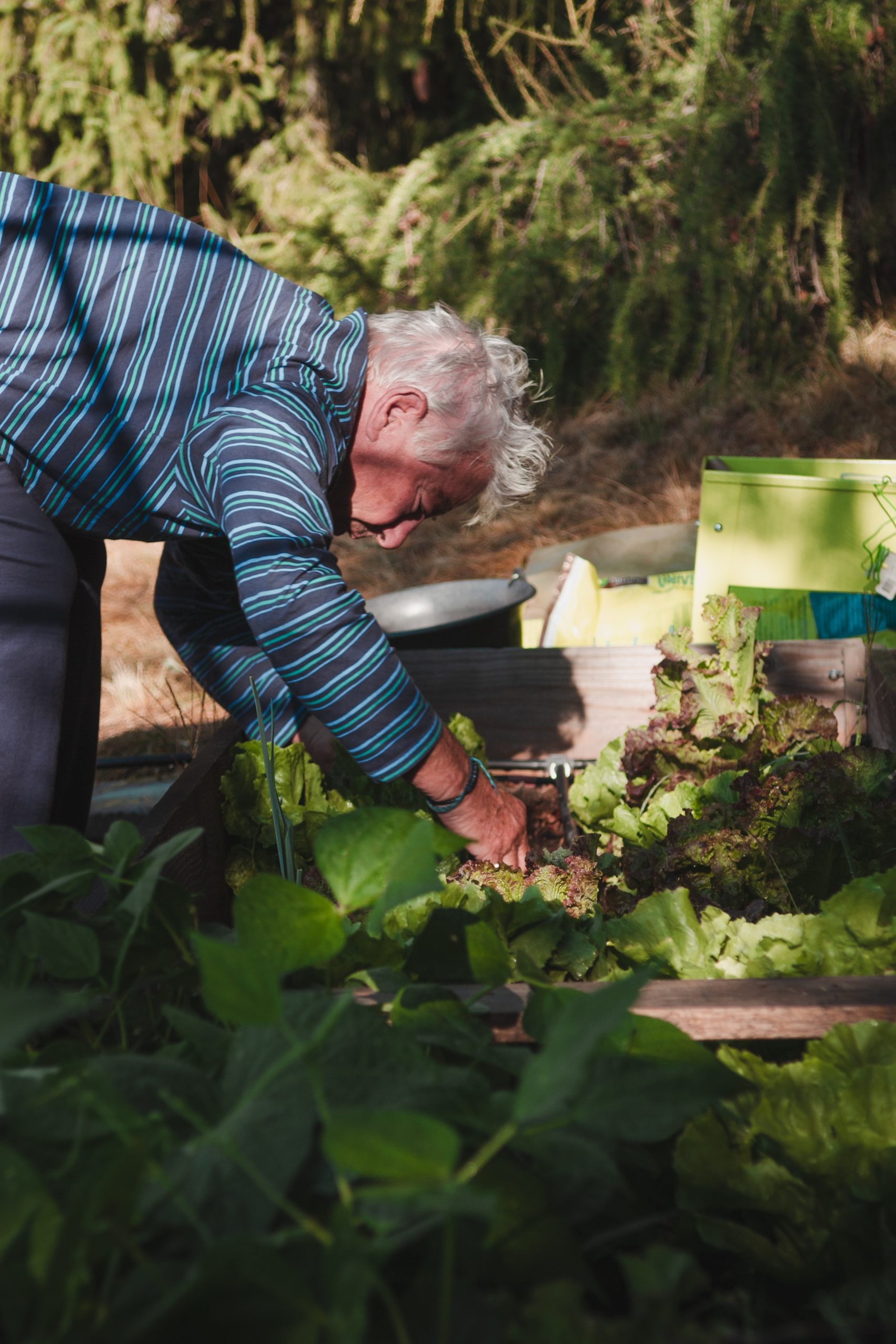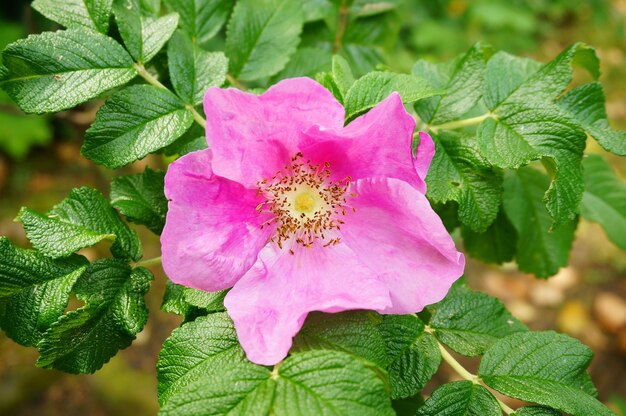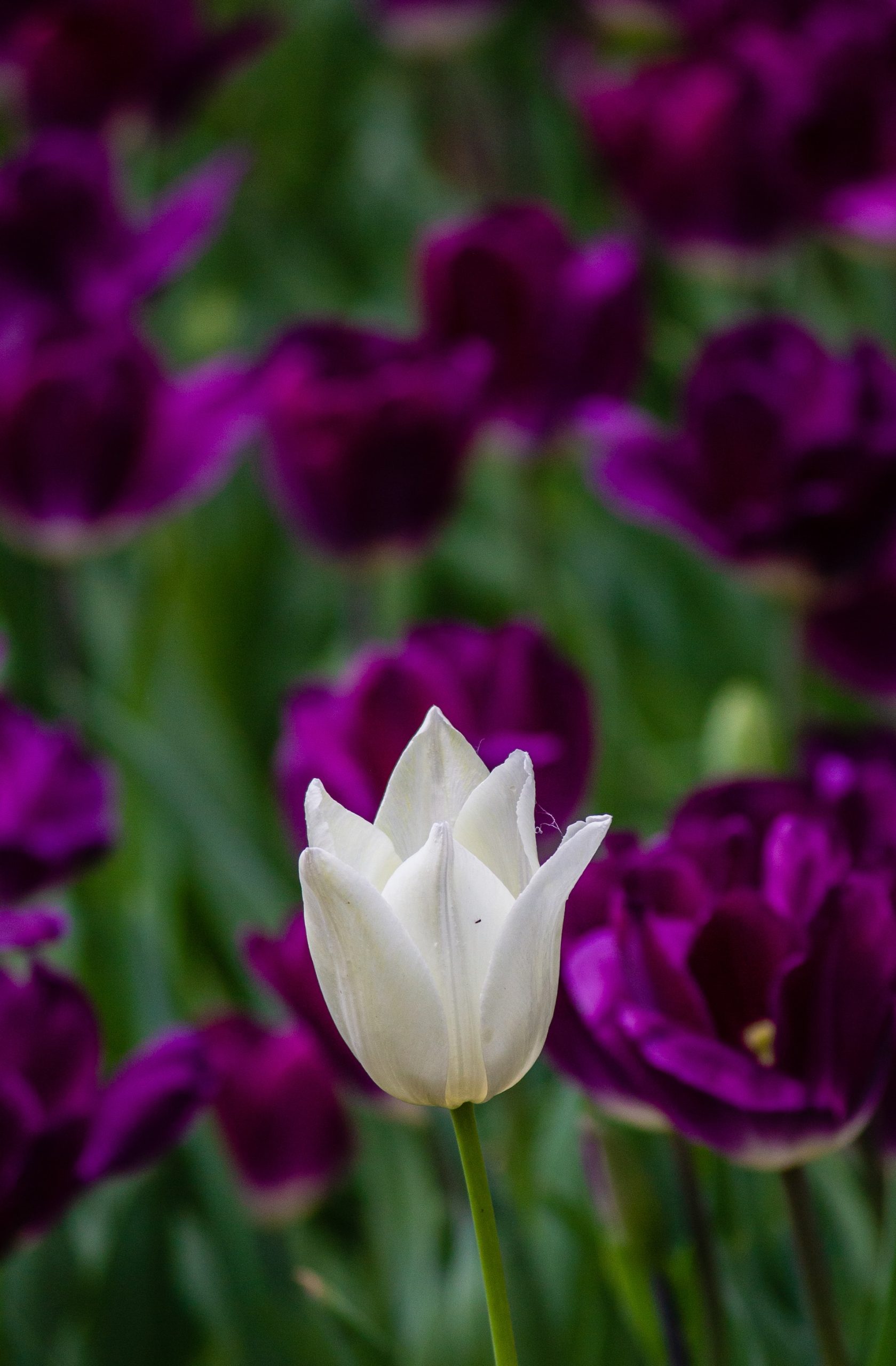Introduction: Introduce the topic of water-smart landscaping and its importance in conserving water and maintaining a healthy environment. Explain how water conservation practices can also help gardeners save money on their water bills.
Section 1: Understanding Water-Smart Landscaping Define what water-smart landscaping means, how it works, and the benefits it provides. Discuss the various components of water-smart landscaping, such as plant selection, soil health, irrigation methods, and maintenance practices.
Section 2: Strategies for Water-Smart Landscaping Provide tips and strategies for implementing water-smart landscaping in a garden. Include information on plant selection, such as choosing drought-tolerant plants, native plants, and those that require less water. Discuss soil health and how to improve it with techniques such as mulching, composting, and adding organic matter. Provide advice on irrigation methods, such as using drip irrigation, soaker hoses, or rainwater harvesting. Include tips on how to maintain a water-smart garden, such as proper watering schedules, pruning techniques, and pest management practices.
Section 3: The Benefits of Water-Smart Landscaping Highlight the benefits of water-smart landscaping, such as conserving water, reducing runoff, improving soil health, and attracting pollinators and other wildlife to the garden. Discuss how water-smart landscaping can also benefit the local ecosystem and help mitigate the effects of climate change.
Conclusion: Summarize the key points of the article and emphasize the importance of water-smart landscaping. Encourage readers to take action and implement these strategies in their own gardens to help conserve water and create a healthier environment.
As a journalist, it’s important to conduct thorough research and verify the information presented in the article. You can start by consulting reputable sources such as scientific journals, government websites, and academic research papers. You can also interview experts in the field, such as horticulturists, landscapers, and water conservation specialists. Always ensure that you adhere to journalistic ethics and avoid any conflicts of interest or biases in your reporting.
Good luck with your article on water-smart landscaping!









